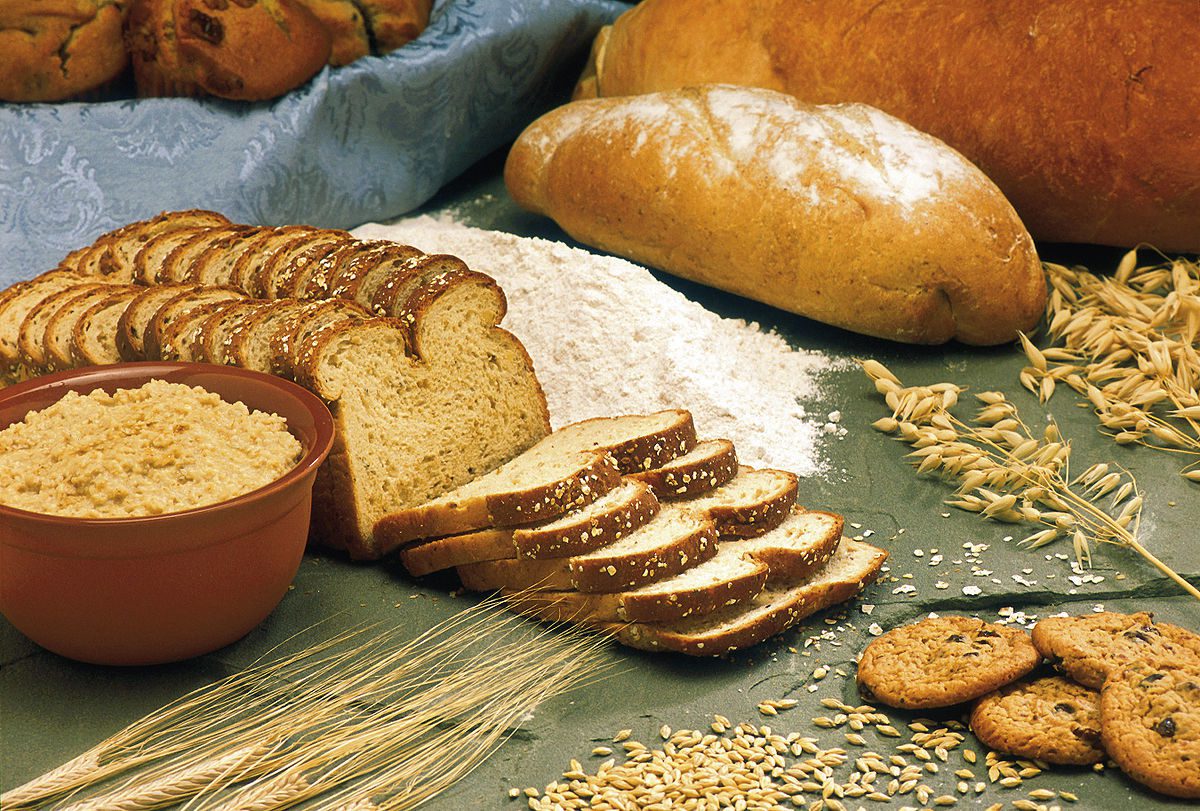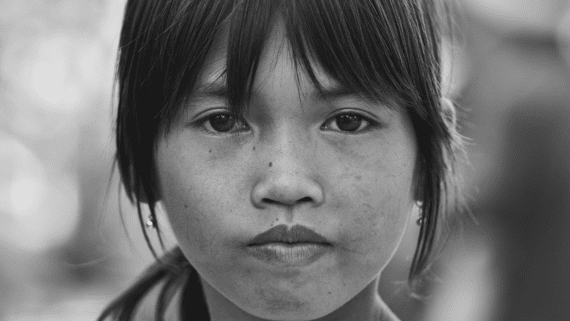For churches that use the Revised Common Lectionary, yesterday’s Gospel reading was the passage from Luke 11 in which Jesus’ disciples ask him to teach them to pray. Jesus gives them the words we know today as the Lord’s Prayer.
One line (verse 13) from this prayer is “Give us each day our daily bread.”
One of the best-known writings of Martin Luther is his Small Catechism. It’s basically Christianity 101. It explains, in Q&A format, the meaning behind the Ten Commandments, the Apostles’ Creed, the Lord’s Prayer, and other Christian rites. Even though it’s nearly 500 years old and is a staple in Lutheran churches today, it’s basic enough to apply to all Christians today.
Luther explains this line:
“Give us today our daily bread.”
To be sure, God provides daily bread, even to the wicked, without our prayer, but we pray in this petition that God may make us aware of his gifts and enable us to receive our daily bread with thanksgiving.
What is meant by daily bread?
Everything required to satisfy our bodily needs, such as food and clothing, house and home, fields and flocks, money and property; a pious spouse and good children, trustworthy servants, godly and faithful rulers, good government; seasonable weather, peace and health, order and honor; true friends, faithful neighbors, and the like.
We’re not literally asking God for bread and bread only when we pray the Lord’s prayer. Bread is used in a broader sense here.
But there’s another important but often overlooked word in that line: our. Have you ever noticed that we don’t pray, “Give me my daily bread”? It’s not a personal petition. It’s a collective petition. We pray that God would supply the needs of everybody – “Give us all the things we need today and every day to live healthy and active lives.”
Bread is also in the name of our organization, and it’s that same broad use of the word – all the things we need to live. And the rest of our name – for the World – echos that us in that line of the Lord’s Prayer. It’s about everybody – not just me or us. We strive for “bread” the world over.
And so, with this understanding of that line, we can see that it’s also a prayer that hunger would end in the world. It’s a petition to God to supply us – everybody, the world – with adequate food and the other sustenance we need to live and thrive.
As Luther would say, “This is most certainly true.”



